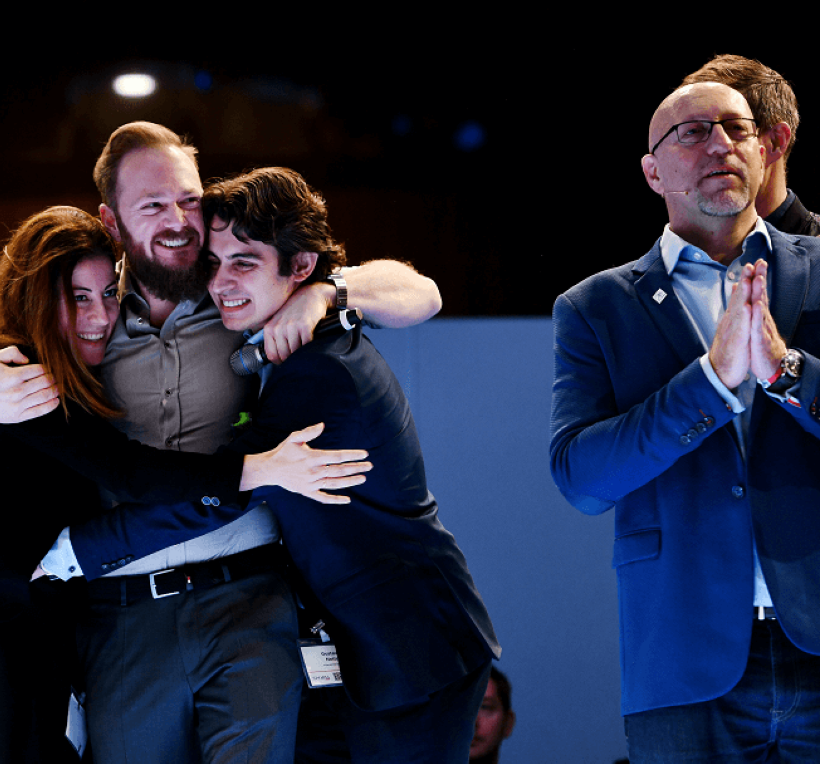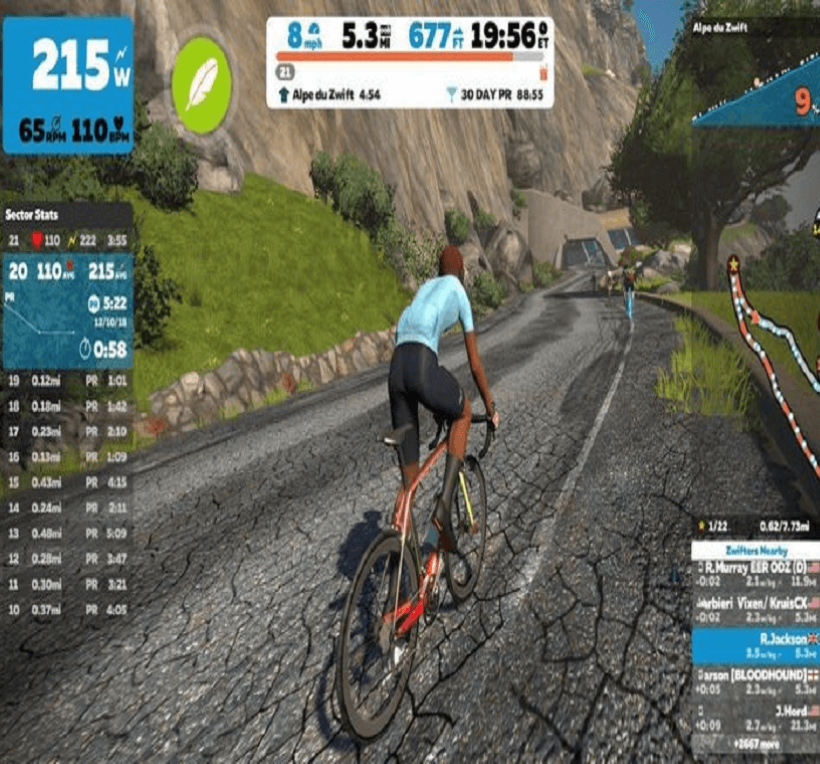

The $120M “Cheating” Startup Sports, Brands Should Be Learning From
3 Min Read
The $120M “Cheating” Startup Sports, Brands Should Be Learning From
Cluely’s “cheating” AI shows how sports brands can boost performance, grow revenue, and finally crack Gen Z – in real time.
Last week, a startup that literally tells you to “cheat everything” raised $15 million from Andreessen Horowitz. Yes – that A16Z. The same VC powerhouse that backed Facebook, Airbnb, and Coinbase is now betting big on Cluely, an AI assistant that helps users “cheat” in real time – during job interviews, meetings, and any workflow you can think of.
Valuation? $120 million.
Tagline? “Cheat everything.”
Message? The system is broken – here’s how to outplay it.
Sounds like hype? Maybe. But for sports brands, this isn’t a gimmick – it’s a signal.
Here’s why this matters right now.
1. This Isn’t Just AI – It’s a UX Revolution Sports Needs to Understand
Cluely doesn’t just generate content like ChatGPT. It lives on top of your existing tools – Zoom, Figma, Salesforce, YouTube – and quietly supports you in real time. Think of it as an invisible glass layer that watches your screen and listens to your audio, offering live suggestions without breaking your flow.
For sports organizations, this opens up real opportunities:
- Fan support teams can guide fans through ticketing or streaming issues without switching tools.
- Broadcasters can access live stats and prompts without disrupting the flow of commentary.chat
- Coaches and athletes can get insights or performance tips mid-session, directly within their existing systems.
This is bigger than AI. It’s about how AI integrates into human workflows — and that’s a shift every sports leader needs to track closely.
2. The Brand Speaks Gen Z – Loudly
Cluely isn’t polished. It’s not clean. It’s aggressive, bold, and deeply in tune with Gen Z’s mindset:
The system is rigged. Cheat back.
That’s not a sanitized corporate message – and that’s exactly the point. Gen Z isn’t engaging with brands that play it safe. They’re resharing Cluely TikToks, applying to be “growth interns,” and driving millions of views around a narrative that feels real.
Founder Roy Lee even says there are only two types of hires: engineers and influencers. He’s built a team that lives and works together in what he calls a “cult of execution.”
It sounds extreme – but it’s working. And it raises a key question for sports marketers:
Are you willing to speak your audience’s language – or are you still using 2018 playbooks for 2025 fans?
3. The Tech Isn’t the Point. The Strategy Is.
Here’s what makes Cluely so smart: the AI itself isn’t groundbreaking. It’s based on GPT-4 – solid, but not cutting-edge. What’s genius is the timing and positioning.
They’ve built:
- Habit loops – users are starting to expect this invisible AI support as part of their workflow.
- Sticky UX – the product becomes a native layer in daily tools.
- An emotional story – not “better productivity,” but “you vs. the system.”
Cluely isn’t waiting for GPT-5. They’re embedding themselves now, betting that when better models come, they’ll already have the user.
This is exactly the kind of long-term thinking sports brands can borrow:
- Get users before the tech is perfect.
- Build emotional narratives, not just features.
- Create tools that become part of how people work, play, and perform.
What Sports Leaders Should Take Away
This isn’t about copying Cluely. It’s about understanding what they unlocked:
- A new UX model: Real-time, embedded AI instead of standalone bots.
- A bold, Gen Z-first brand voice: Honest, unfiltered, and aligned with cultural tension.
- A strategy that plays long: Win habits now, optimize later.
If you’re leading a sports brand and looking to stay competitive – in tech, in culture, in business – this is a model worth dissecting
Final Thought
Cluely might sound like a gimmick. It’s not. It’s a glimpse of how software will soon interact with humans – not as a tool, but as a real-time layer that helps, guides, and empowers.
Meanwhile, some sports organizations are still debating CRM custom fields.
The game is changing – and the next play might not come from inside the stadium.
With love for sports, tech, and thinking one step ahead,
Amir Raveh
P.S.
Next Month: Private Demo Days for investors.
TOP AI sports startups real traction, real revenue, real deals.
Few seats left. [Reserve yours here]




Comments